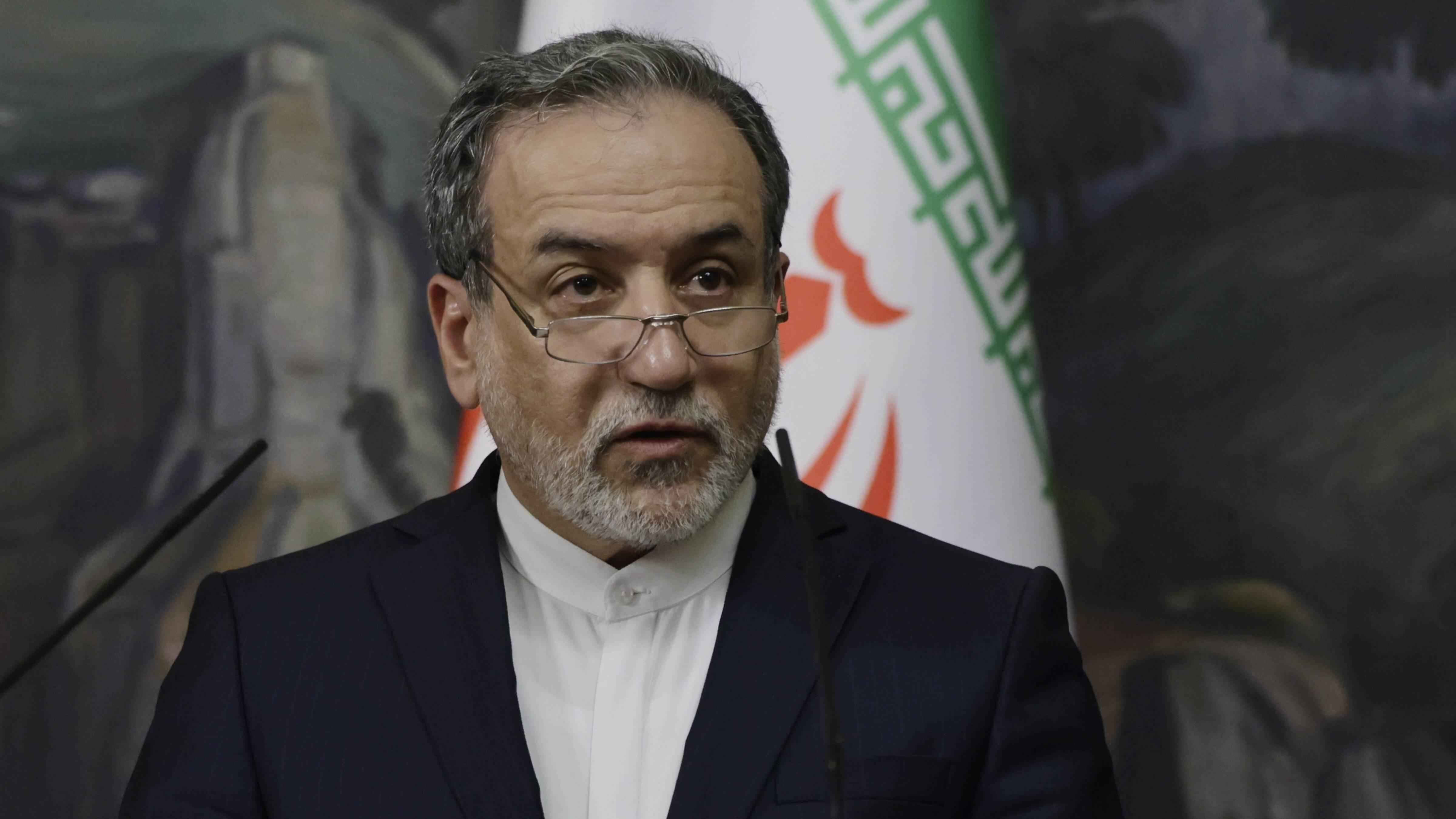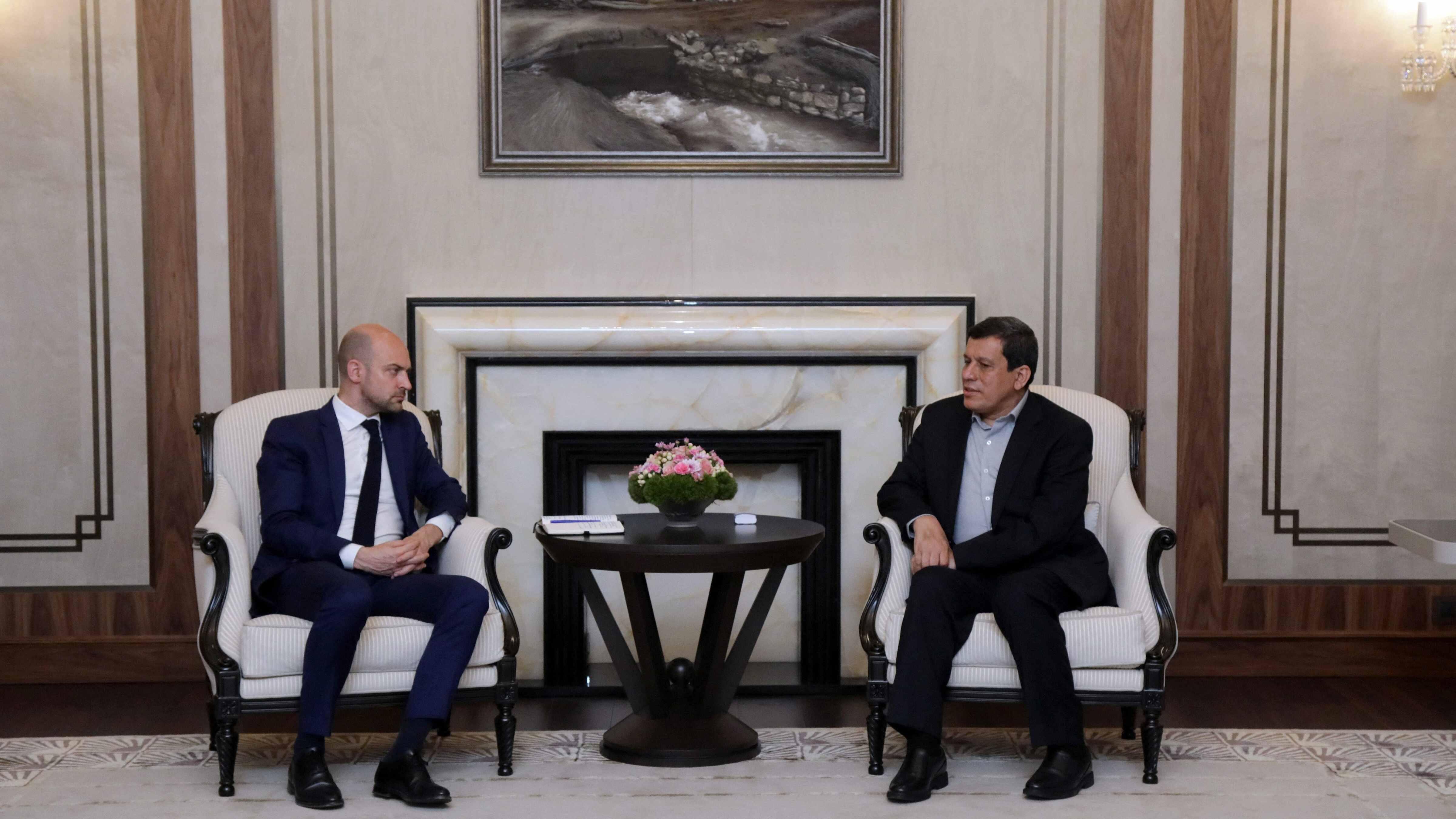Happy ‘illicit’ New Year
Millions of people in Turkey celebrated the arrival of the New Year with dances and drinks yesterday despite calls from the country’s top religious body to totally ignore the tradition.
Reversing a liberal fatwa on the New Year celebrations it gave in 2003, when a Justice and Development Party (AKP) that was not pushing a Sunni Islam based ultra-conservative agenda on the country, the Directorate of Religious Affairs (Diyanet) declared the tradition is “illicit.”
“The hours that we should be doing an account of our past times, unfortunately, are wasted every year with mistakes,” imams all across the country told the attenders of Friday prayers on Dec. 26 in a khudbah prepared by Diyanet.
“Lives are being wasted with illicit behaviors and attitudes with a deception of entertainment, either forgetting or ignoring religious or moral values. What a bitter picture is that. How sad it is to consider the Earth only as a planet of entertainment by ignoring the screams and tears of the people facing cruelty in different parts of the world,” the transcript of the fatwa published on Diyanet’s website read, without naming, but fully describing the New Year’s celebrations.
The same Diyanet had a liberal view on the issue. In a statement released on Dec. 30, 2002, Diyanet made a clear distinction between Christmas and New Year’s eve by giving a long history of the two and said New Year’s celebrations “should be seen as a positive behavior that has been produced and developed as a part of universal culture, just like Mother’s day, Father’s day, Labor day and birthday celebrations that include different economic and social purposes.”
Mehmet Görmez, the head of Diyanet, upped the ante yesterday, claiming the celebrations lead to a “corrupt culture.”
“No one can say it is right for the pagan culture and consumption culture, converging with hedonism, to create a corrupt culture over our children and teens,” Görmez said in his New Year message, “Especially if all those are joined by things like Christmas, pine tree, gambling, drinking, lottery and such forth, that will move a human away from himself and his God to create a tradition that will corrupt the society.”
Of course Diyanet and Görmez’s efforts to save the country from the evil New Year celebrations did not go unnoticed. Two eager education officials in Istanbul, the district heads of Sarıyer and Bakırköy, sent notices to schools in their regions to ban the celebrations.
“As of the end of the year, I request the necessary action on preventing any kind of entertainment, lottery, draw and all other organizations that could drive the students to negative behaviors,” read the notice sent to the schools by Bakırköy Education Director Emrullah Aydın.
The gold medal in the “best fighter against the corrupt tradition” category; however, went to the education director in the Black Sea province of Bartın.
“My precious colleagues, I thank you in advance for your national sensitivity not to allow Christian propaganda tools Christmas-New Year celebrations, which are not compatible with the traditions of the people in Anatolia, to occupy the subconscious of our children in the kindergartens and all of our schools in our beautiful Anatolia, of which 99 percent is Muslim,” Yaşar Demir said in an SMS message he sent to 108 school principals in the city.
The attack on the “un-Islamic” lifestyle in the country is nothing new, but the stacks have grown much stronger with the the support of the government. State officials feel free to openly slam everything they deem “incompatible with our values and traditions,” yet any criticism against the dominant religious mentality is met with cries of “attacks on personal freedoms” and even Islamophobia.
Things will only get worse in Turkey before they get worse.











